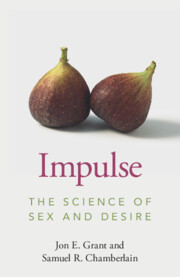Background: Inappropriate sexual behavior (ISB) is an important topic in geriatrics; etiologies remain unclear and evidence for the efficacy of treatment strategies is limited. The aims of this study were to provide a description of the phenomenology of ISB in the geriatric population, to identify potential contributing factors, and to review the efficacy of interventions aimed at reducing ISB.
Methods: A retrospective chart review was conducted of ten patients admitted to an academic inpatient geriatric psychiatry ward because of their ISB (study group) and ten patients matched in age and gender (control group). A comprehensive chart review inventory was done to determine variables that may contribute to ISB. For the study group, effectiveness, adverse effects, and discontinuation due to adverse effects of interventions aimed at reducing ISB were reviewed.
Results: A significant finding was the association of a history of right frontal lobe stroke with ISB (Fisher's Exact Probability Test p < 0.05). Also significant was performance on cognitive testing and the presence of dementia (Fisher's Exact Probability Test p < 0.05) in the study group. Citalopram was well tolerated but with minimal reduction of ISB. Atypical antipsychotics olanzapine and risperidone were effective in some cases but also had adverse effects. Medroxyprogesterone acetate was well tolerated and effective in all cases in which it was utilized (n = 5).
Conclusions: This study suggests that ISB in the geriatric population is associated with a history of right frontal lobe stroke and with severity of dementia. Case examples of pharmacologic interventions are reviewed.
